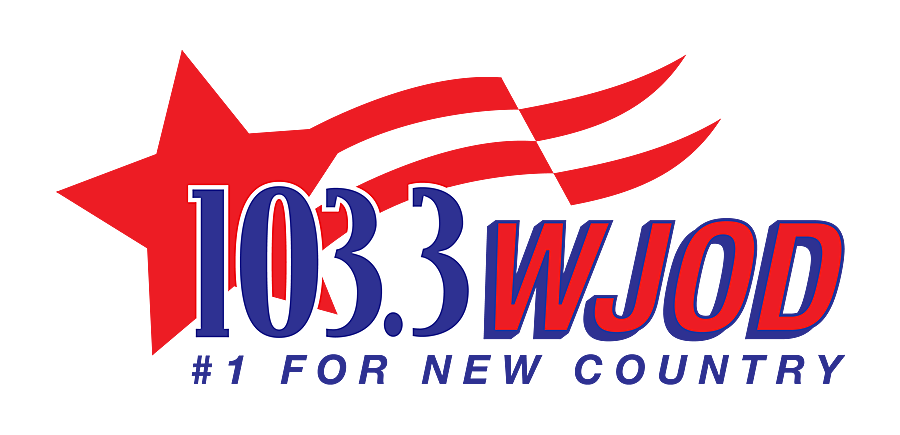
Remember How the ‘Urban Cowboy’ Craze Took Over ’80s Country Music?
Urban Cowboy was more than just a movie; for some country fans in the early 1980s, it was more like a way of life.
For many moviegoers, director James Bridges' 1980 film starring John Travolta and Debra Winger was their first glimpse into a subculture of elaborate designer cowboy hats and Western duds, as well as mechanical bulls and everything that went along with the Texas-based country dancehall scene. That scene centered around Gilley's Club, the real-life nightclub in Houston co-owned by Mickey Gilley and his manager that served as the backdrop for the film.
Travolta was coming off the massive success of Saturday Night Fever and Grease, which helped propel Urban Cowboy to box office success. Released on June 6, 1980, the film earned $53 million in its theatrical run against a budget of $11.2 million, and although those numbers were far smaller than either of the other films, Urban Cowboy still helped Travolta recover from a flop with 1978's Moment by Moment, and gave country music some of the biggest mainstream exposure it had ever received.
These Country Artists Have Acted, Too:
That, in turn, provided more exposure for the soundtrack, which spawned three No. 1 country hits in Gilley's cover of "Stand by Me," Johnny Lee's "Lookin' for Love" and Anne Murray's "Could I Have This Dance." Kenny Rogers also reached No. 4 with "Love the World Away," and previous hits from artists including the Eagles, Charlie Daniels and more rounded out the rest of the Urban Cowboy soundtrack.
Gilley, Lee, Daniels and Bonnie Raitt all made cameo appearances in the film as themselves, and Urban Cowboy helped the mechanical-bull-riding and dance culture depicted in the film spread across the nation. The Urban Cowboy soundtrack was certified platinum on July 24, 1980, after selling a million copies, and the dressed-up, pop-leaning "countrypolitan" sound that dominated the soundtrack became more and more prevalent at country radio for the first half of the '80s.
By mid-decade, there was a critical and fan backlash due to the perceived blandness and watering down of "real" country music, which in turn helped lead to the "Neo-traditionalist" wave that ushered in the success of more traditional-minded artists including Randy Travis, George Strait and others.
Movies and TV Shows That Completely Misrepresent Country Music





![Country Artists With Stars on the Hollywood Walk of Fame [PICTURES]](http://townsquare.media/site/623/files/2015/05/shania-twain-hollywood-walk-of-fame-star.jpg?w=980&q=75)

